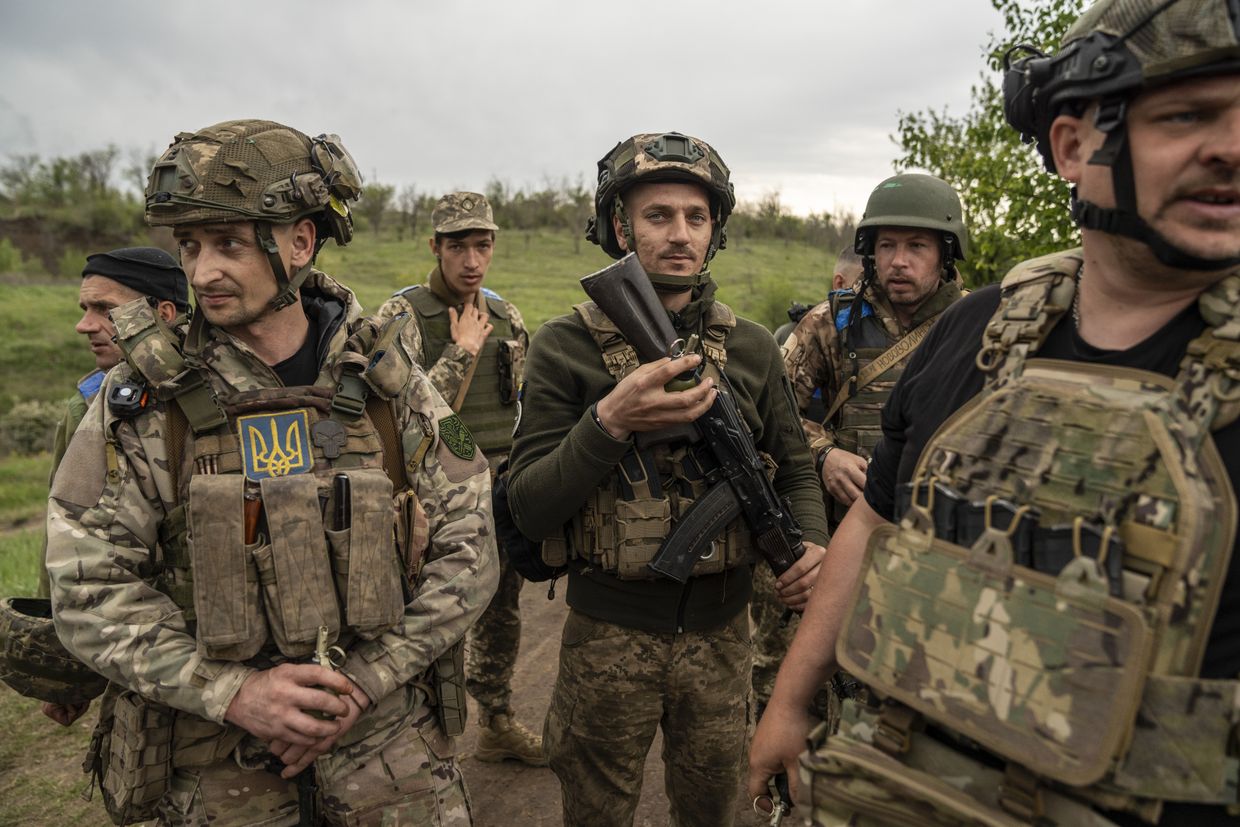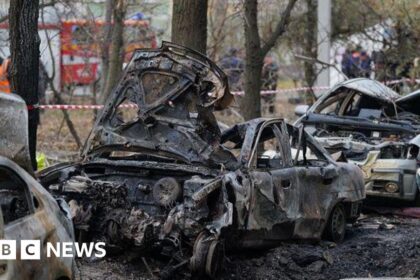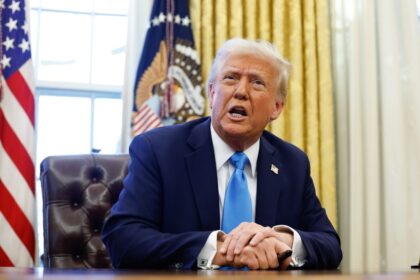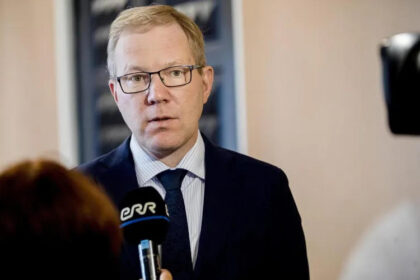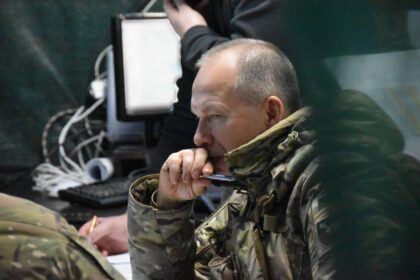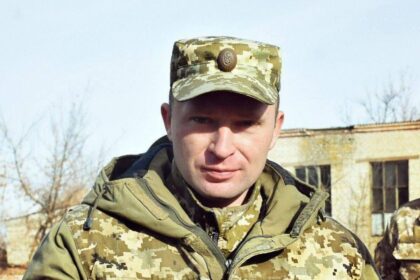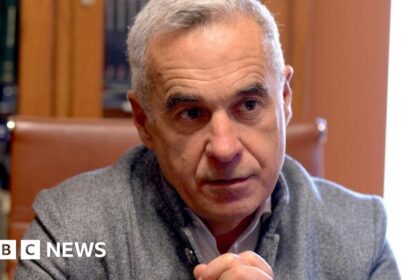**Washington’s Escapist Approach to the Russo-Ukrainian War**
The US administration’s handling of the war in Ukraine has been marked by political naivety, moral indifference, and diplomatic dilettantism. This escapist approach has left many Europeans shocked and dismayed.
Despite efforts at shuttle diplomacy and mediation attempts, the results have been meager. The recent phone call between Putin and Trump was touted as a success, but it yielded no tangible outcomes. In fact, Putin made it clear that there would be no ceasefire soon, and Trump’s suggestion of direct negotiations between Russia and Ukraine was met with skepticism.
**Ignoring History**
Most Europeans had previously ignored the observations of Carl von Clausewitz, who noted that conquerors often prefer to march into a state calmly rather than through violent occupation. Moscow’s behavior after the start of the Russo-Ukrainian War in 2014 was misinterpreted as peaceful intentions, but this premise was misplaced.
Russian President Vladimir Putin had preferred Ukraine’s non-violent takeover to an uncertain future military campaign against Kyiv. The war itself has acquired a stabilizing function for the Russian political system, and most European politicians have fewer illusions about Putin’s love for peace than they did a decade ago.
**The Budapest Memorandum**
Putin’s recent statement about signing another Russo-Ukrainian “memorandum” was seen as a trolling of Ukraine, the US, and the West. The term “memorandum” is often used to downplay Russia’s aggressive intentions and blame others for its actions.
In 1994, Moscow guaranteed that it would not attack Ukraine in exchange for Kyiv handing over all nuclear warheads to Russia. Washington and London also assured Kyiv of their respect for Ukrainian borders and sovereignty. After being demonstratively trampled upon by Moscow for eleven years, the Kremlin is now offering to sign another “memorandum.”
**Temporary Ceasefire**
Putin’s suggestion that a ceasefire might be possible if “appropriate agreements are reached” was met with skepticism. The Russian president added that any armistice would only be temporary. This caveat highlights the entrenched nature of Russia’s war economy and population’s military mobilization, making it difficult to discontinue warfighting.
**Conclusion**
To end the Russo-Ukrainian War, Russia needs to experience a humiliating defeat on the battlefield. Russian imperialism will not be neutralized by negotiations, compromises, or concessions. Instead, such approaches only promote further foreign adventurism in Moscow and military escalation along Russia’s borders.
Dr. Andreas Umland, an analyst at the Stockholm Centre for Eastern European Studies, notes that Russian military failures have triggered domestic liberalization in the past. For the Kremlin to end its expansionist wars and genocidal terror against civilians, the Russian people first need to start believing that such behavior cannot lead to victory and may trigger internal collapse.
**Independent Journalism**
Kyiv Independent’s journalism is made possible by a community of readers, not a paywall. Support independent media today.
Read More @ kyivindependent.com




